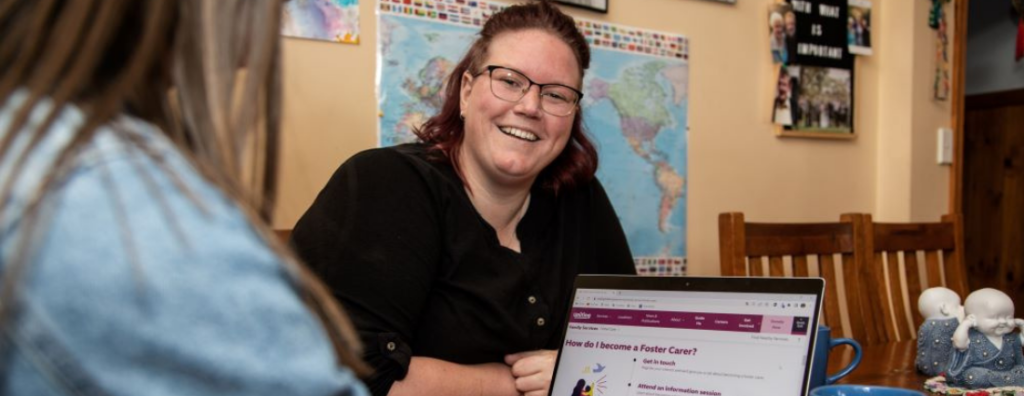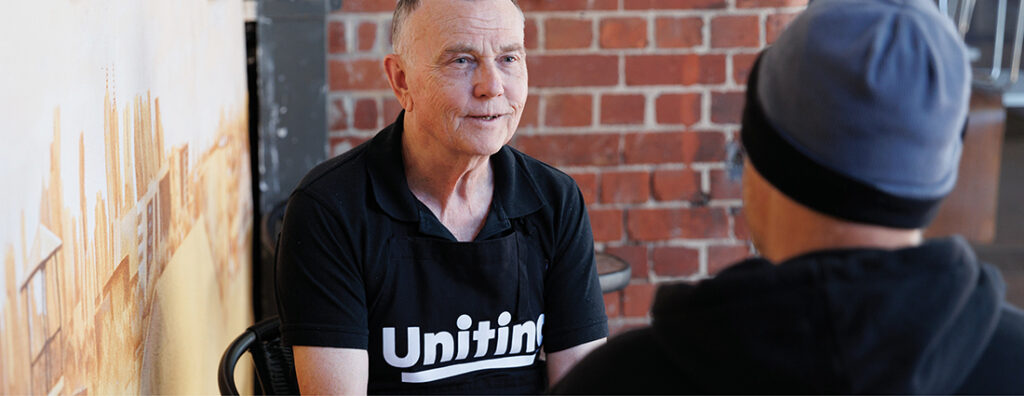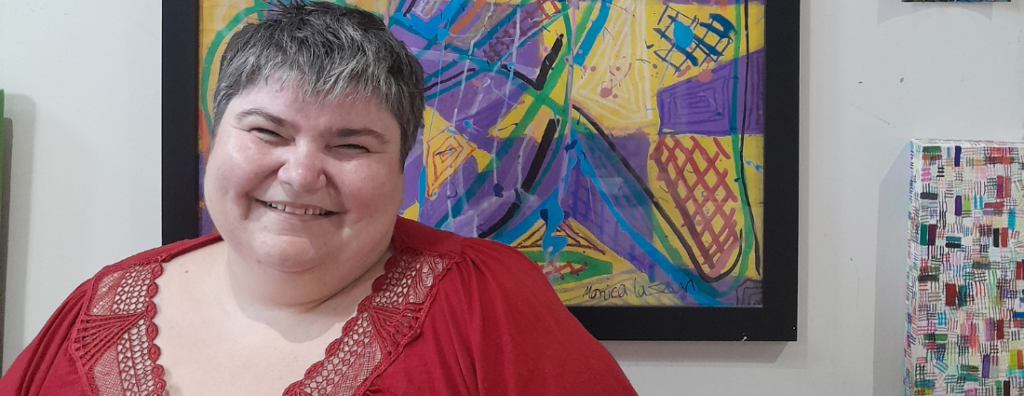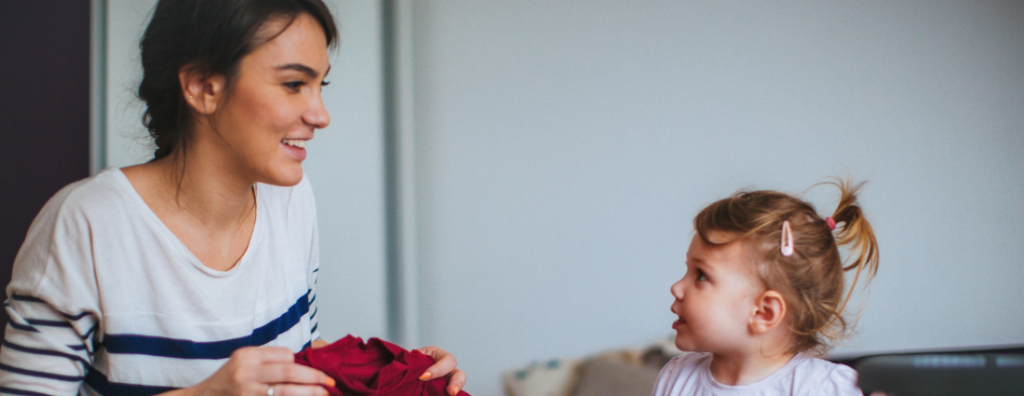Emily initially had her reservations about becoming a foster carer. As a young, single woman living in rural Victoria, she wondered if she fit the bill.
The foster carers she’d seen growing up were typically older couples, who already had children of their own. As the proud aunty to many nieces and nephews, Emily had some parenting experience but feared this wouldn’t be enough to care for a child full-time.
“I was quite worried about being too young when I first became a foster carer,” said Emily.
“I was 27 and single and I haven’t got any biological children. I wasn’t sure how this would come across and whether I was capable.”
It’s now been a year into Emily’s foster care journey and she’s grateful she trusted her gut and jumped in with both feet.
The joy and purpose fostering has brought her, far outweighs any of the challenges she has faced.
“It just means now I have a long journey of fostering ahead of me,” she said.
From respite to full-time care
Emily began fostering as a respite carer. Her role was to care for children in the short-term, for a few hours, days, or over the weekend.
Respite care allows full-time foster carers to take a break. It is mostly planned in advance but sometimes can be required in emergency situations or at short notice.
One of Emily’s respite foster children needed a full-time carer. With Uniting’s support, Emily knew she was ready.
“Uniting has supported me at every step of my foster care experience,” she said.
“Right from beginning, from training and every way through. Every team member is brilliant.”
Emily also stressed that despite being a young person with a single income, expenses haven’t been an issue.
“Some people worry about the money side of foster caring and being able to financially provide for children,” she said.
“But I always know if there is a big expenditure or something extra, I can contact Uniting.”
Emily shared that in her experience children don’t need a lot of ‘stuff’.
“As long as they have somewhere to sleep, food to eat, clothing to wear and someone to love them. If you can provide that then you’re two thirds of the way there,” she said.
Love is at the centre of everything
For those at the beginning of their foster care journey, the idea of disciplining a child that is not your own can be a daunting concept.
Emily explains that when disciplining a foster child, it’s very important to consider the challenges and traumas they may have faced in their lives and how these could have contributed to their behaviours.
“In foster care, we discipline differently. We connect rather than correct. We help the children identify who they are and why they are having these behaviours,” she said.
“Straight up discipline isn’t going to work with these kids and it’s not what they deserve. If you can approach them with a whole lot of love and acceptance, then you can do it.”
Fostering futures
When asked if Emily would encourage others to become foster carers, she answered with an overwhelming yes.
“I would encourage everybody to look into foster care and if you think it’s too hard or too much trouble, think about how hard it is for the kids,” she said.
“We go into this voluntarily, they don’t. So, if it’s hard for us, imagine how hard it is for them.”
Emily explains that you have a lot of flexibility as a foster carer. You get to decide when, how and for how long you foster.
“Just give it a go. You don’t have to commit for 40 years, you can commit for one year or even six months,” she said.
“You don’t know how good it is until you do it. I’m not going to lie, it can be very hard but it’s so worth it. I have grown immensely since becoming a foster carer.
Become a foster carer with Uniting.
*This is a true story about real people. Some details such as names have been changed to respect the wishes of the people featured.






